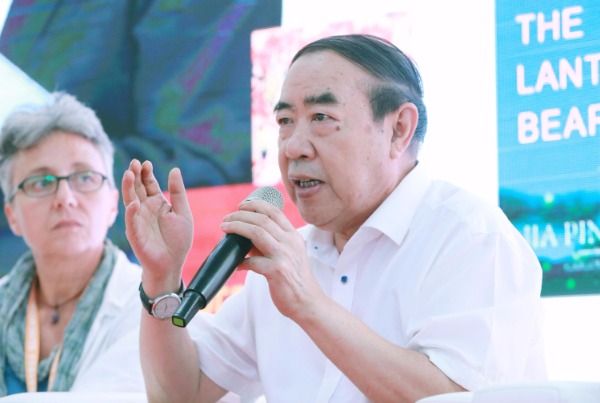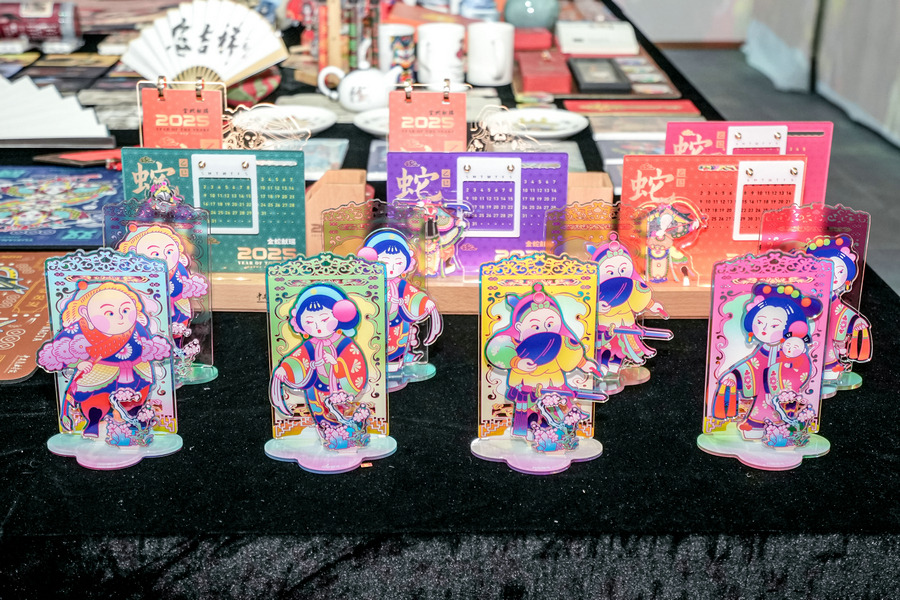Turn-up for the books


"She wanted to get to know some young Chinese writers then. I was introduced to her and I gave her one of my collections where I had marked four stories for stories for her to read. She later told me she read the first four - and soon after finished all the rest," Yu says.
In 2006 when Yu visited Wedell-Wedellsborg at her office in Denmark, he found her shelves were stacked full of files labeled "Yu Hua".
Yu speaks about his current writing plans, his sources of inspiration and his growth from concentrating on writing short stories to producing longer novels - a topic his translators seem interested in.
"My way into foreign markets is to establish a good working relationship with a respected publisher or a good translator," he says. "I see all my translated works as perfect ones, because the truth about translations is, when they lose something from the original text, they add something of value in other respects."
Author of Decoded Mai Jia agrees. Once a beneficiary from having widely read Western literature as he freely admits, Mai's works have now been sold in more than 100 countries.
By contrast, translated works made up just 5 percent of the US book market last year, Mai says.
During a conversation at the Beijing fair with Olivia Milburn, the translator behind Mai's English works, he says: "As a Chinese writer, I feel that China is closer to the world more than ever."
"Translators are the ones that are able to help send out the message that Chinese people appreciate the beauty and tranquility of the world," he says.




































